The school year is winding down and I've been thinking a lot about new steps. This year I've been a part of the Project Zero maker space perspective course, a change.school course and a launch book club pln here at school. I think that next year I'm going to take my studies a little more seriously and apply to something with a little more depth. Here's hoping anyway.
Most of my thoughts have been about the idea of learning and growing and why some people seem more open to this, what makes people this way? Can it really be fostered? I'll try to be more diligent with learning this summer, but if not, see you in the next school year when I'm going back to the classroom.
Tuesday, 13 June 2017
Monday, 22 May 2017
Stages of Learning
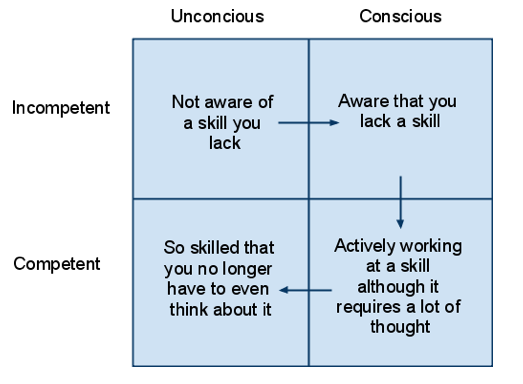 |
I do a lot of things in my off time, even though I really like doing nothing. One of the things I'm doing this year is captaining/coaching a frisbee team. We have a great coach we work with, and he was talking about stages of a great ultimate player, and I thought this applied a lot to learning too.
I wonder how often we are stuck in the conscious incompetent stage. Without a learning coach or someone explicitly helping us become conscious and competent, how can we easily navigate our own life long learning.
Part of the job I think I am good at is listening and helping shape consciousness and direct people towards competence. When we can understand what we need to do to get better, I think it's much easier for us to make that progress, it's when we don't understand that we feel frustrated.
As a beginner things can be liberating because we don't even know what we're doing wrong, everything is just kind of fun, but as we get through the process things can become more difficult.
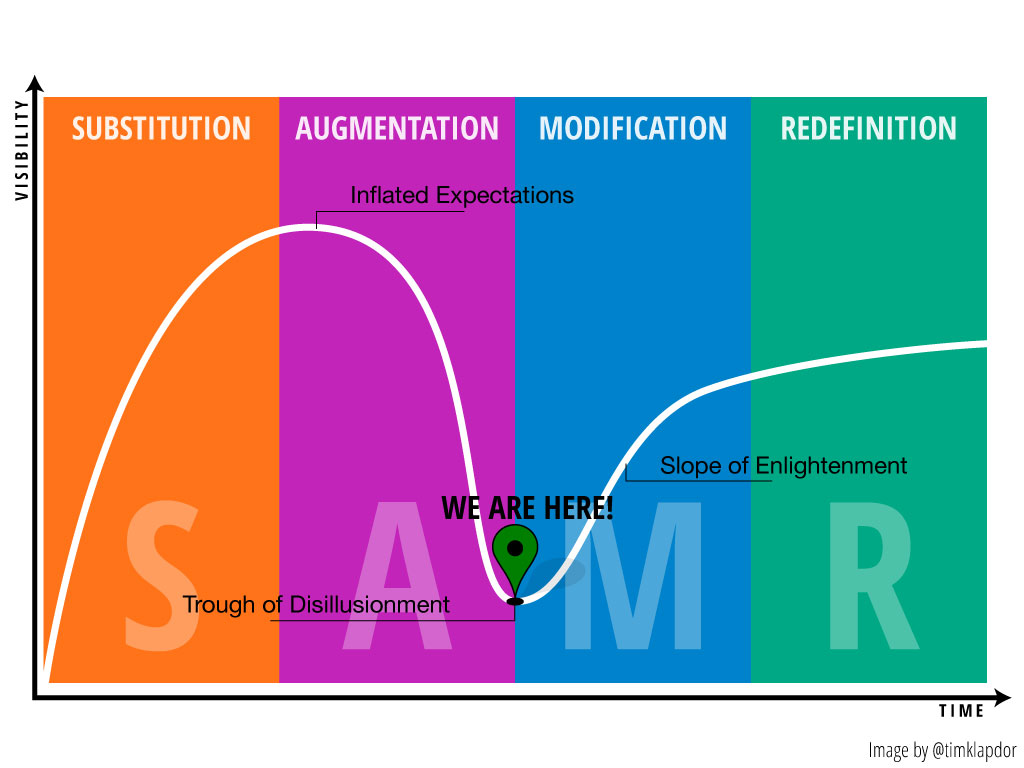 |
So how can we remain optimistic about the future like we are when we are unconscious and still promote and develop consciousness?
Monday, 8 May 2017
Tadpole habitat
We've been working on getting a home set up for our tadpoles, last week students researched what tadpoles needed to survive and this week they started putting the habitats together. This is pretty great for us because when we went back outside, the water is all gone, so no home for our little friends.
As a learning journey the students loved it, they learned a lot about tadpoles (and it's still on going) and they are totally motivated to make the most out of their habitats, pretty exciting times.
Tuesday, 18 April 2017
New problems
We were walking in the outdoor discovery center the other day, and it looked like a lot of our problems (litter, dying plants, chalk) had disappeared, or been taken care of. So we started looking for new things we could solve.
It had been raining a lot, so there were lots of puddles (it's been a really strange rainy season here in Singapore). Anyway, the learners found tadpoles. So currently we are wondering how we can make the tadpoles environment a little more secure. It was an interesting day.
Tuesday, 11 April 2017
Changes in the Garden
We've just returned from a holiday and looking out in the garden we've seen a lot of new wood covering the ground. We're going to use this to look into how systems change when humans try to make differences in our shared world. Should be interesting.
Tuesday, 21 March 2017
Touching plants
When we're outside with the little ones we're looking for ways to engage their thinking, and hopefully drive some inquiry. One of the first things we do (and then we revisit it) is walking around touching, smelling and looking at different plants. We try to do this so we get a better understanding of where we are, as well as feel more comfortable when working with other living things.
Wednesday, 8 March 2017
Second instalment
This is the second instalment of our itime with the grade 2 cca learners. So far they have looked at some of the problems they see in the outdoor discovery center. One of the larger problems they've recognized is the holes in the roof. Last week they were thinking about the different materials that could used for the roof. We thought of the idea of wood, and leaves. We then looked around the garden to see if we could find anything around to fix it with. Right now, we're not sure we can actually finish this "on time" but it's something we're working on.
Monday, 6 March 2017
Trying video
Alright I'm trying something new.
Working in the ODC these past two years has been pretty good, this year for a CCA we're having students develop like an itime, 20%time, maker space type thing, it's going to take forever, and it likely won't be great as a first go, but I take 18 grade 2 students out here three times a week for forty minutes to find problems and look for solutions.
The first bit was really just getting them used to the space, and the idea that problems exist in our real world.
We've found two, which i'll get into later on, but I wanted to introduce you (to part of at least) the space we're working in for right now
Thursday, 2 March 2017
Absence of anything
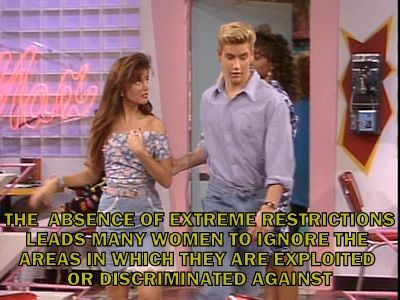 |
| http://savedbythe-bellhooks.tumblr.com/ |
Not really sure what this has to do with education, environmental, technological or otherwise, but it's something I've been thinking a lot about. I've used saved by the bell hooks before, I love how provoking some of the images and quotations can be.
I guess what I'm really wondering is why it takes the presence of extreme anything to finally do something, or become aware.
In the environment it's climate change, how big does it have to be before people act. With technology it's falling behind as teachers, how much do we have to not understand before we realize that communication has changed and we're a million years behind (like really who even blogs anymore). With people, I guess it's everything. Why do we need extremism, to realize the areas we're being exploited?
Anyway, just wondering how can we be aware of situations without being or causing extremism.
Wednesday, 22 February 2017
When are things actually private
 |
One of my teachers wants to share more of her work. She is doing pretty interesting things and wants feedback and ways to share her knowledge. She is however afraid that her ex will follow her, and she doesn't want anything to do with him. She's worried about what it means to go public and if sharing is actually worth the stress of knowing he is still watching. I totally get that, I mean, it's obvious (at times) to see who is watching and when, but if you go public it can be hard to stop specific people from accessing. My wondering is how important is it, I mean as long as there is no harassment, who really cares and if there is harassment we can block and go to the police, however, she feels much safer not publishing.
One of my students email was "hacked" he was telling people about his personal account, and someone accessed it and sent some not nice email. I guess firstly I don't believe it was hacked, but if it was, that's an interesting story, we keep using the common sense media image where we protect our private information, but that is difficult for younger students.
My wondering most of this week is, as we continue to be more connected we are less private, and I don't know if we are teaching how to actually be safe to students, or how to live safely in a very connected world.
Monday, 13 February 2017
Systems and code
 |
This past year we've tried to be more active with getting coding into the classroom. There has been some great successes, and a fair amount of indifference, but I think the most confusing part for me is the conversations with teachers.
We talk (the teachers and I) often about empowerment, like how do we actually help students be successful in the future. We talk about the types of skills that might be needed. Our biggest difference is I believe coding will be one of the only skills required for Digital Literacy. Most of us navigate the internet as illiterates, we can converse, but we can't actually make a change or look for deeper meaning.
When people who lead countries can change the idea of what "fake news" is and people are only trained to consume media, mainly the internet, I think we are in for a scary future. However, my teachers think that there are different necessary skills (which I also understand are important, just not as crucial).
Moreover, I guess, I wouldn't teach anything (especially coding) in a static environment. For real challenge based, or problem based learning (looking at the system) we need to have coding embedded into may summative assessments, many daily learning engagements, so we're not just coding, we are solving a problem (hopefully a systemic one).
Anyway, I believe that all people can code. We just need to find a way to get them doing it purposefully, and in a way that the teachers easily see the value.
Wednesday, 1 February 2017
Focusing different
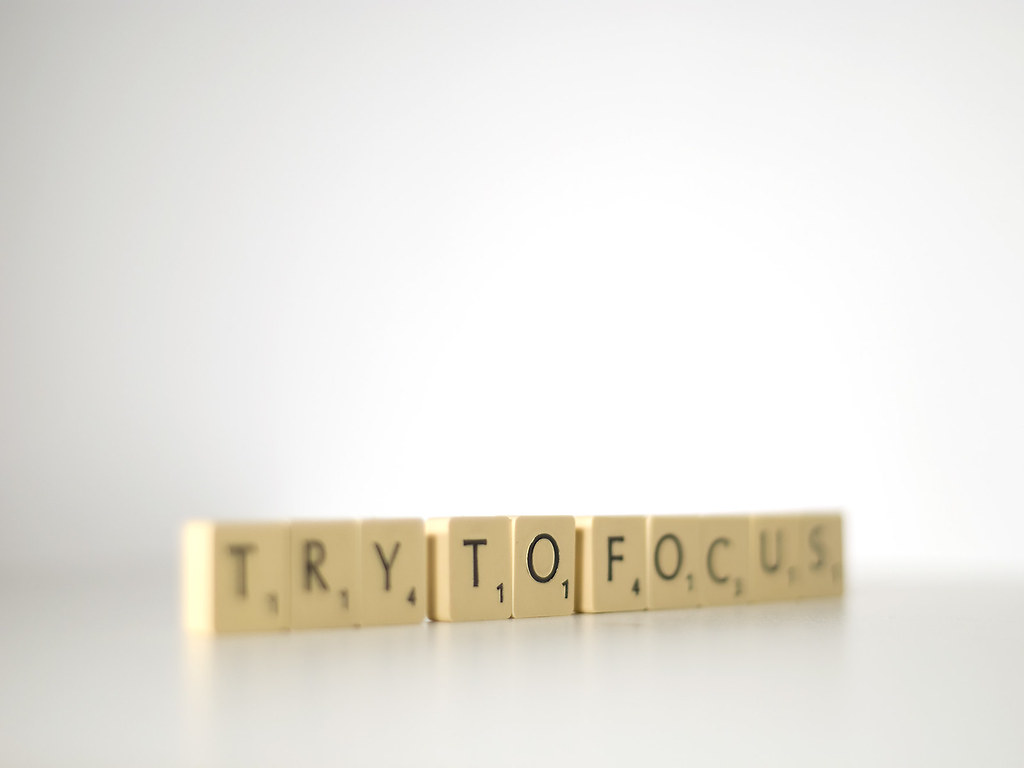 |
I was reading this article the other day and really liked the idea of "other focus" when on screens.
There is a lot of talk about screen time and how it may be damaging or even may be good, but I think we often think just about the person who is consuming the screen time and how spending time on screens effects them.
Like most things we need to look at the broader impact. How does this effect our relationships, the environment, what is the broader systemic impact? I want to start focusing on this with students, start talking about different options for interactions, and how to keep things positive.
Wednesday, 25 January 2017
Growing together
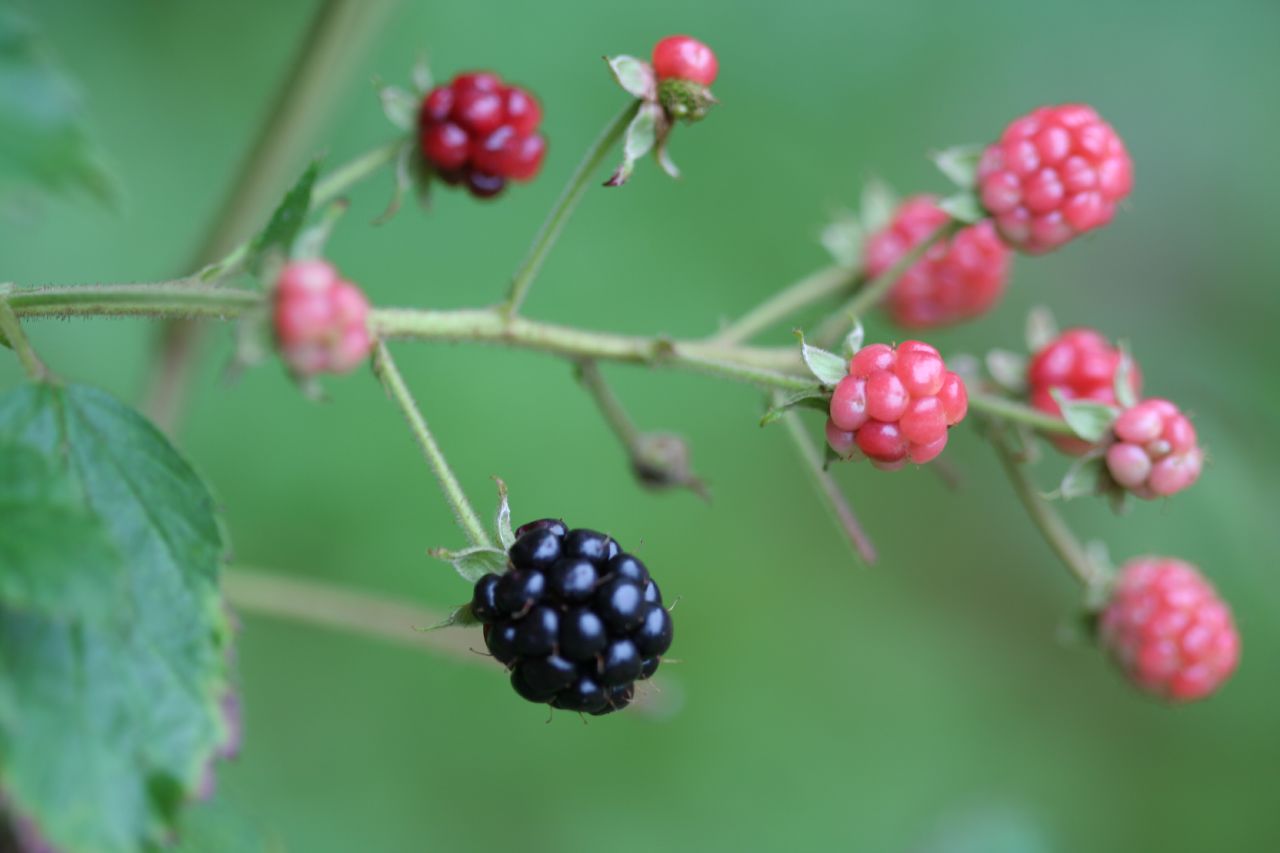 |
I love my job, seriously, it's up there with top jobs in the world, at least in my opinion. But, like everyone at times I get frustrated with my colleagues.
Lately it has been revolving around this idea of growing together. A lot of the people I work with are amazing, literally. Their passion and desire to grow and become amazing educators is overwhelming at times. There are a few people I am always a little frustrated with, and I think that's my growth area for the next couple of weeks. The people I work with, I do think they want to get better, but they have a lot to focus on and at times, I feel that my focus isn't their focus, this new revelation is that's okay.
I need to recommit to the idea that I'm helping them achieve my goals, not my reaching my goals. I need to help them become better and actually grow together.
Monday, 9 January 2017
Personalized Learning
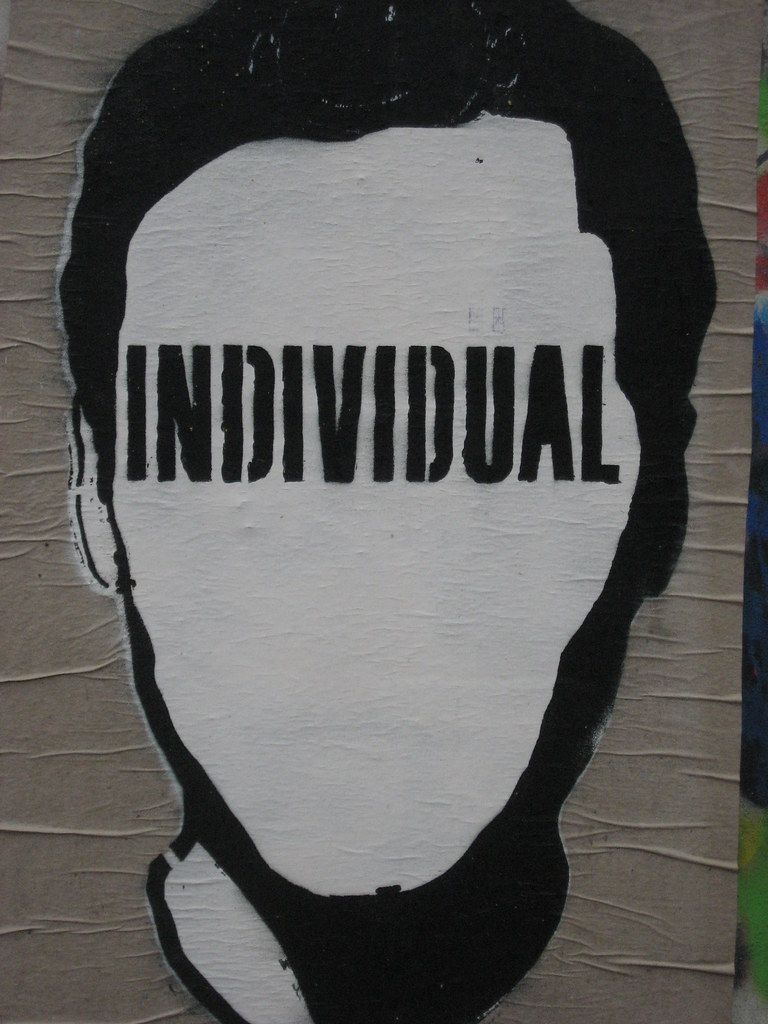 |
I've been thinking over the break about the whole idea of personalised learning, and who should be "in charge" of the experience.
I think as a teacher it can be overwhelming at times to think about all the organising we have to do for a personalised learning experience. Often we try to guide and direct and shape the future, even with personalised learning we aren't fully wondering about what the students want. I've been working a lot with maker spaces this year, and iTime inquiry and I think that letting students have some control of the learning while still being able to hit most of the outcomes necessary.
I think working towards personalised learning is crucial, but I've been wondering more about how to make it also communal.
I want to start bringing experts in from near our school. I want to start building a community, but I also want students to start working together (maybe even being assessed together).
I don't know, it's the beginning of the year. I love personalised learning, but I don't just want to focus on the individual.
Subscribe to:
Posts (Atom)
